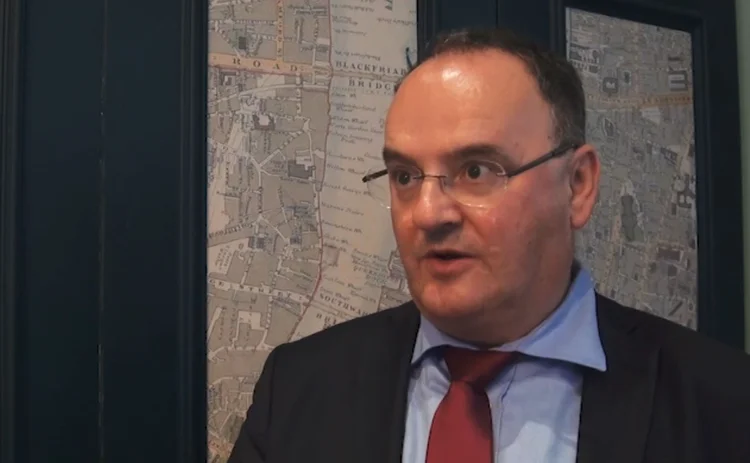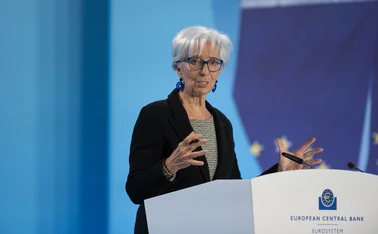
Labour supply elasticity may hamper wage growth – Riksbank’s Ohlsson
As economic demand rises it can be satisfied by a higher number of workers

Greater flexibility in the Swedish labour market may be one of the factors preventing higher wage growth, despite lower unemployment, said Riksbank’s deputy governor Henry Ohlsson in a speech on May 29.
Ohlsson points out how the Phillips curve theory, which says lower unemployment should coincide with higher inflation, is failing to materialise in the country.
“If we look at developments since 2011 in particular, there does not appear to be a correlation – the Phillips correlation seems to be
Only users who have a paid subscription or are part of a corporate subscription are able to print or copy content.
To access these options, along with all other subscription benefits, please contact info@centralbanking.com or view our subscription options here: http://subscriptions.centralbanking.com/subscribe
You are currently unable to print this content. Please contact info@centralbanking.com to find out more.
You are currently unable to copy this content. Please contact info@centralbanking.com to find out more.
Copyright Infopro Digital Limited. All rights reserved.
As outlined in our terms and conditions, https://www.infopro-digital.com/terms-and-conditions/subscriptions/ (point 2.4), printing is limited to a single copy.
If you would like to purchase additional rights please email info@centralbanking.com
Copyright Infopro Digital Limited. All rights reserved.
You may share this content using our article tools. As outlined in our terms and conditions, https://www.infopro-digital.com/terms-and-conditions/subscriptions/ (clause 2.4), an Authorised User may only make one copy of the materials for their own personal use. You must also comply with the restrictions in clause 2.5.
If you would like to purchase additional rights please email info@centralbanking.com







